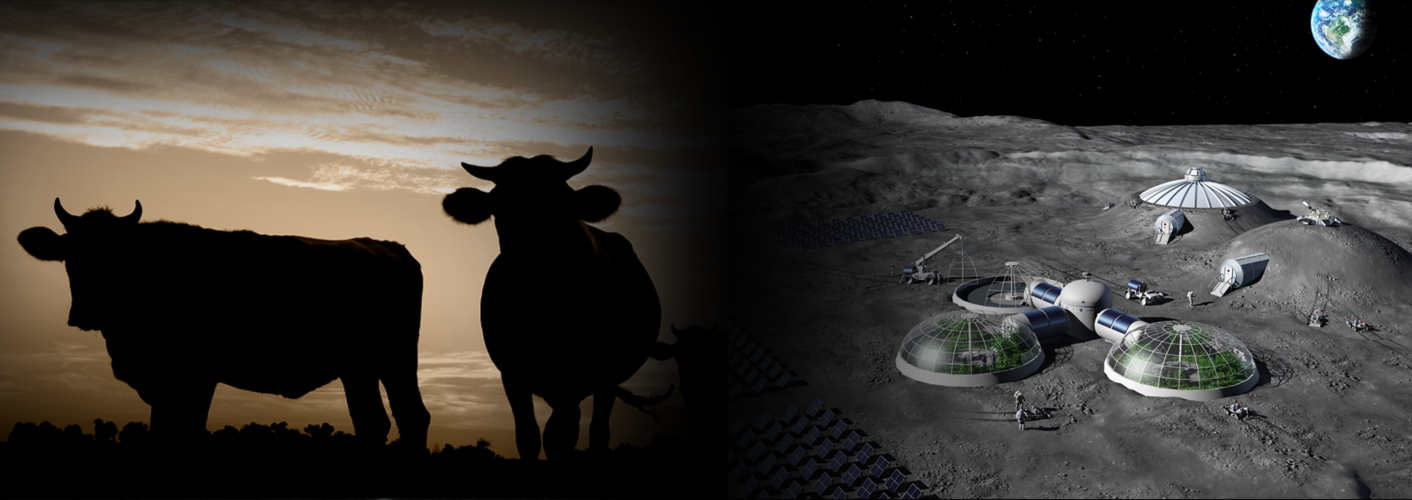
To achieve this ambition, innovative technical developments are required to increase the efficiency of cultured meat production. In the future, these developments could also be applied on Earth, helping to address urgent challenges, from environmental sustainability to food security.
"Science tells us that the current production of meat, and, in general, animal-derived food, is unsustainable," states Paolo. "Not only does it have a dramatic impact on the planet – notably in terms of water and land usage, contribution to greenhouse gas emissions, deforestation, biodiversity loss and pollution – but it also generates conditions for zoonoses to emerge (diseases that jump from animals to humans, with pandemic potential). Finally, there is the suffering and death of billions of animals every year, which is a growing ethical concern."
Major internationally recognised institutions call for a transition to a plant-based diet; research has shown that it is probably the single most effective step that each of us could take to reduce our impact on the planet. But it seems unlikely that this paradigm shift in diet would be accepted by the entire global population in the near future. In this sense, cultured meat would represent a new opportunity, making the existing unsustainable meat production model obsolete.
Research carried out by ESA on cultured meat could be another example of how space research can contribute to solving issues of paramount importance for the planet and benefit society at large, in line with ESA’s commitment to the United Nations' Sustainable Development Goals.
If you wish to contribute to shaping food production in future human space missions and you are interested in submitting a proposal, the Invitation to Tender can be found here. The deadline for idea submission is 13 July. For the general process on how to submit a proposal to ESA, register your entity and the relevant regulations, please refer to our ‘Doing Business with ESA’ page.
This initiative is supported by the Discovery Element of ESA's Basic Activities, and originated from an internal idea proposed and selected through the Open Space Innovation Platform (OSIP).



